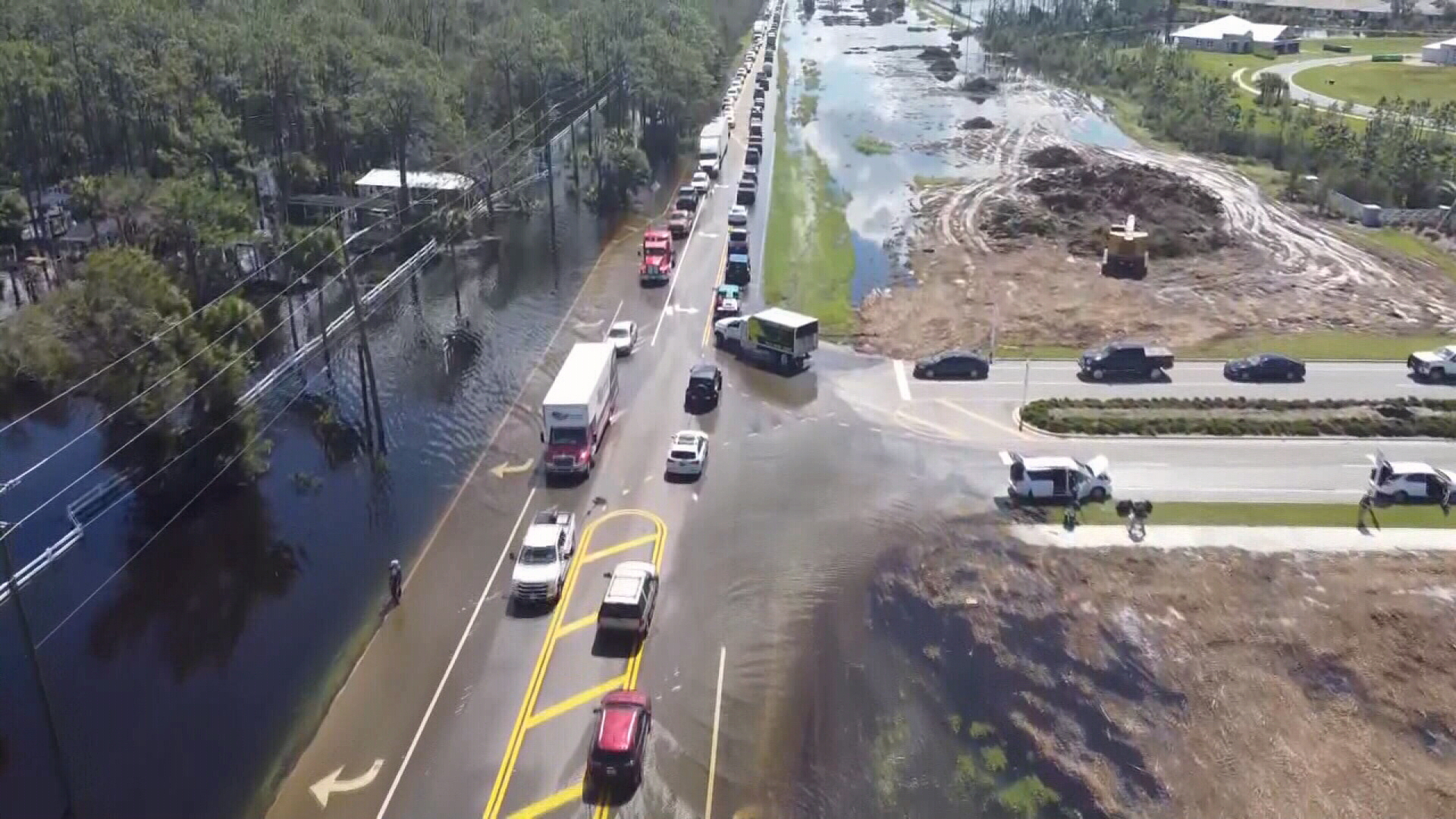BILLINGS - Mother Nature's tragedies often have a way of uniting people and that was seen in Montana in June as towns dealt with the historic flood waters.
Now just a couple of months later, the Yellowstone County disaster and emergency services (DES) coordinator did his part to pay it forward.
K.C. Williams traveled to Florida to help a crew with hurricane relief and ended up working with some of the same people who assisted in Yellowstone County with those floods.
While that's unusual, he says often people come together to help in disasters.
"You can't get a grasp of the enormity of the damage," he said. "There's thousands of square miles of damage. Everybody's home that got flooded is damaged or destroyed. And there's carpet and couches and refrigerators out on the street. There's trees blown down. There's no power there's no water."
Williams has seen a lot of destruction and his role as DES coordinator, but he's never gotten used to it and says the full impact of what happened in Florida last month is hard to comprehend.
"I don't know how to describe," Williams said. "It's very emotional to go and see that level of human suffering."
Williams was training in Missoula when he received the mutual aid call to go to Florida and be part of Missoula's 10-person incident management team to help with recovery from Hurricane Ian.
"Our commissioners answered the call and said 'yeah, we can let K.C. go do that.' And I learned about the request on Tuesday and we have six o'clock Wednesday morning."
Williams was in Florida for 14 days, from Sept. 28 to Oct. 14.
The team traveled to Sarasota County, Florida, where Williams ran into a familiar face, an emergency responder who helped with flood relief in Yellowstone county earlier this year.
"What was really cool is we got there and the first person that shook my hand was a lady by the name of Paige, who had been sitting in my office helping me just a few weeks earlier," Williams said.
And he says help from the outside makes it easier during a disaster. In a world so divided the top and tragedy that unites.
"We're still America," Williams said. "We are still a community. And even though we get all the bad press, most people aren't bad. Most people are good citizens who want to help one another."
Williams says what he saw in Florida will stick with him for years to come. But he knows he'll likely be called to help again somewhere else, and he'll be ready when it happens.
"These are people who are going to be homeless for a year or two," he said. "These are people who may have lost everything that they're not going to recover. So if there's anything that we can do to make it less stressful on them or to help them through it, it's super self-gratifying, but I think it's just the right thing to do."





